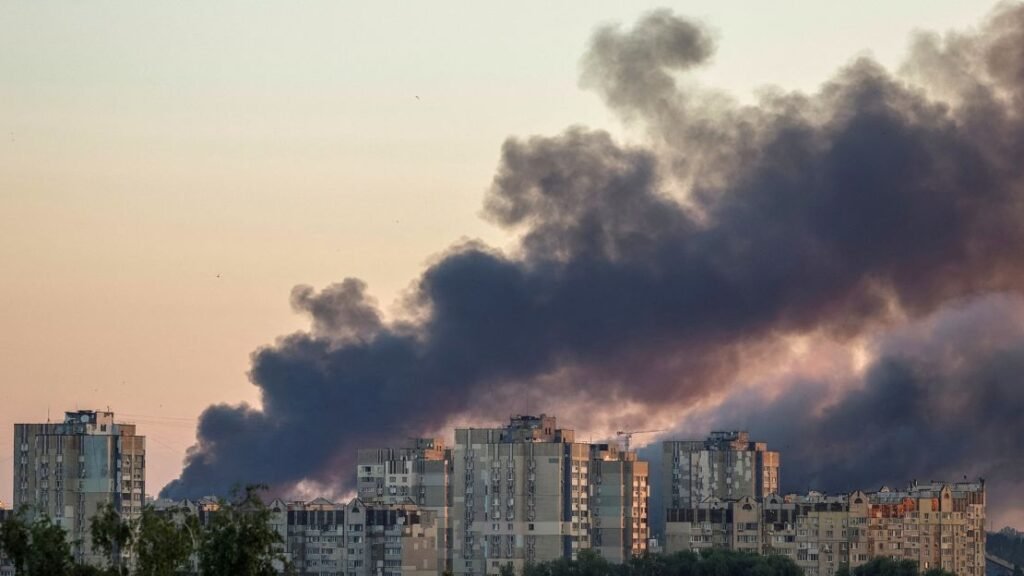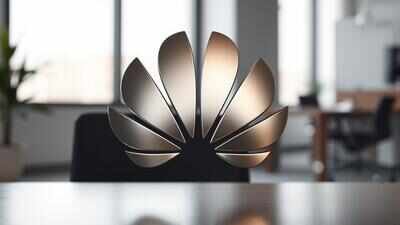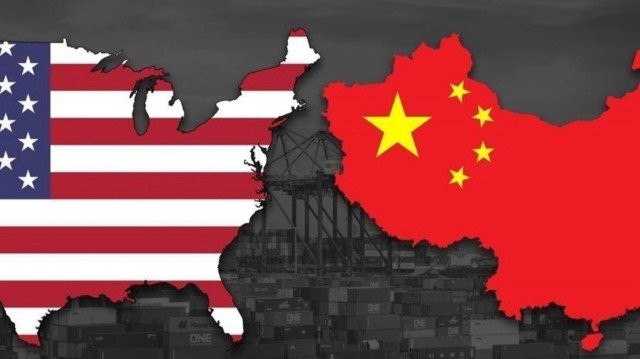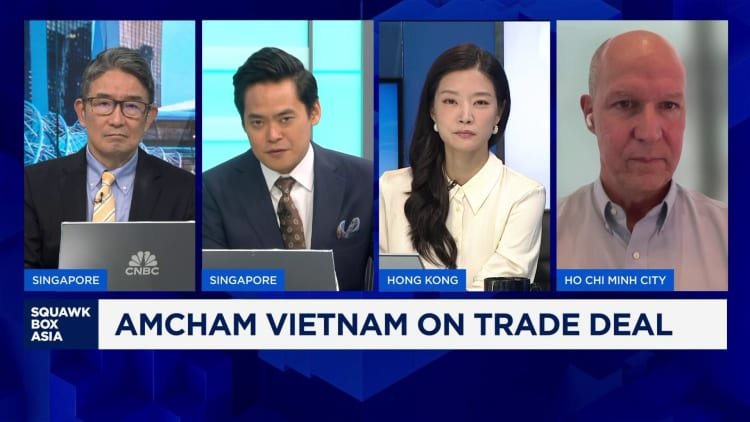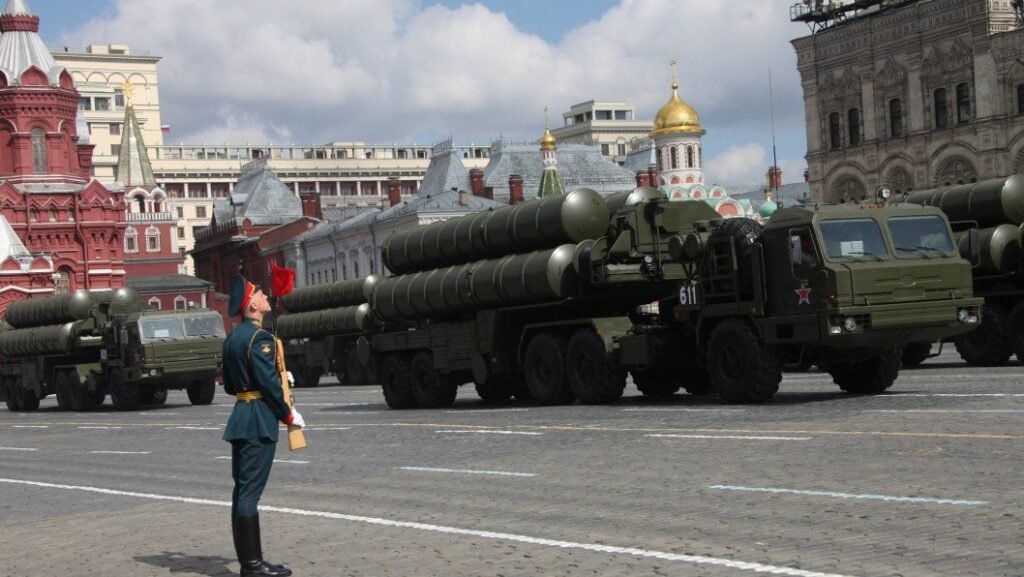LIUYANG, China — There are few sights more dazzling than fireworks on the Fourth of July. Yet all the sparkle and sound on the most American day of the year relies almost solely on China, which is mired in a trade war with the United States that could disrupt fireworks displays across the country from big cities to backyard barbecues.
The U.S. imported more than 120,000 tons of fireworks in 2023, with over 97% of them — including those displayed at Independence Day celebrations — coming from China, according to the World Bank. American fireworks wholesalers and distributors are warning that President Donald Trump’s tariffs on Chinese imports could limit supply and send prices soaring unless the duties are brought down.
Though most Chinese-made fireworks were shipped in time for this year’s Fourth of July celebrations, uncertainty hangs over future holidays as well as the “grand celebration” Trump has promised for the 250th anniversary of American independence next year.
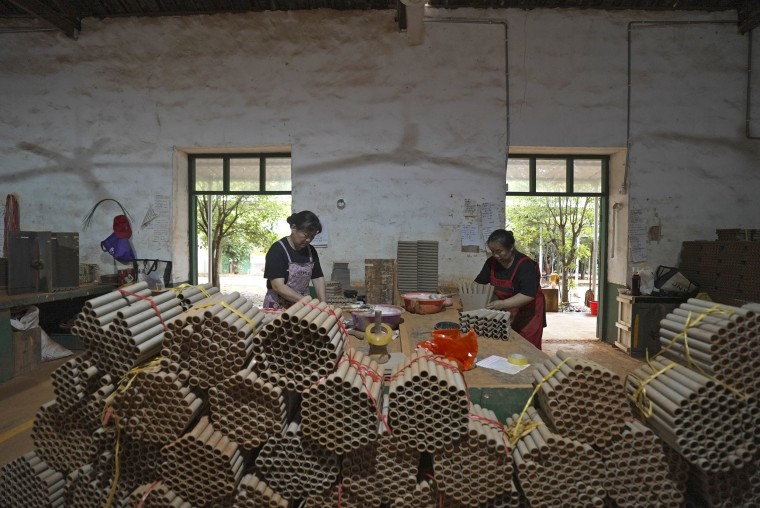
U.S. tariffs on Chinese imports, which had reached as high as 145%, are currently at 30% after the U.S. and China agreed to a 90-day trade truce that ends in mid-August. The tariff rate for fireworks was previously 5%.
The uncertainty is felt strongly here in Liuyang, a production hub in the southern Chinese province of Hunan that on its own makes nearly 60% of the world’s fireworks. The city of about 1.5 million people is proudly known as the birthplace of fireworks, with a history in the business dating to China’s Tang Dynasty more than 1,000 years ago.
Wendy Tang, owner of Pyroshine Fireworks in Liuyang, said factories went through a “really hard time” when U.S.-China trade tensions escalated in March and April, a peak shipping season for July Fourth fireworks. At times, the U.S. and China were increasing their tariff rates multiple times a day.
“In the morning, it’s 100%. But in the afternoon, it’s like 200%,” Tang said, making it “very hard” for her American customers to decide whether to proceed with their orders.
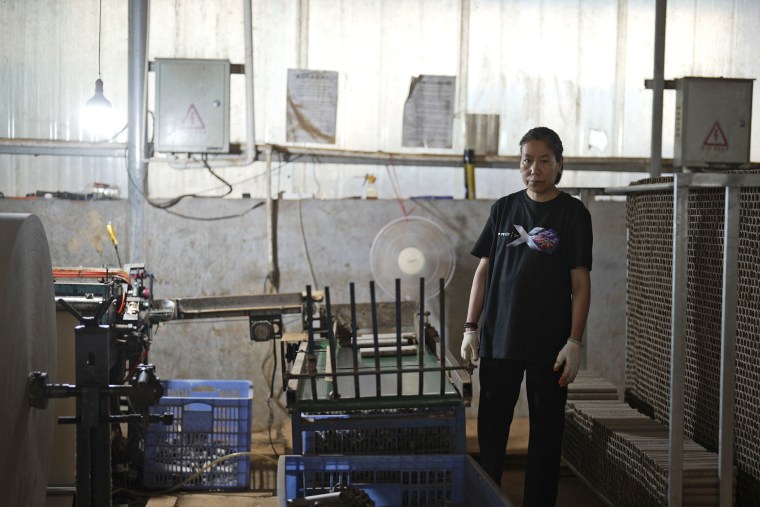
Her U.S. clients eventually chose to go ahead, Tang said, and her company cleared almost all of its stock.
“My customers said: ‘OK. No matter what, we need fireworks for the consumers during the Independence Day,’” said Tang, who said she is now trying to confirm as many orders as possible for next year’s July Fourth.
While most U.S. warehouses were already stocked with fireworks for this year, shows in some places may be scaled back or cost more.
“We’re looking at $20,000 or more increased cost just to get the container out of port,” Matthew Lavigne, the owner of Green Mountain Fireworks in Alburgh, Vermont, told NBC affiliate WPTZ.
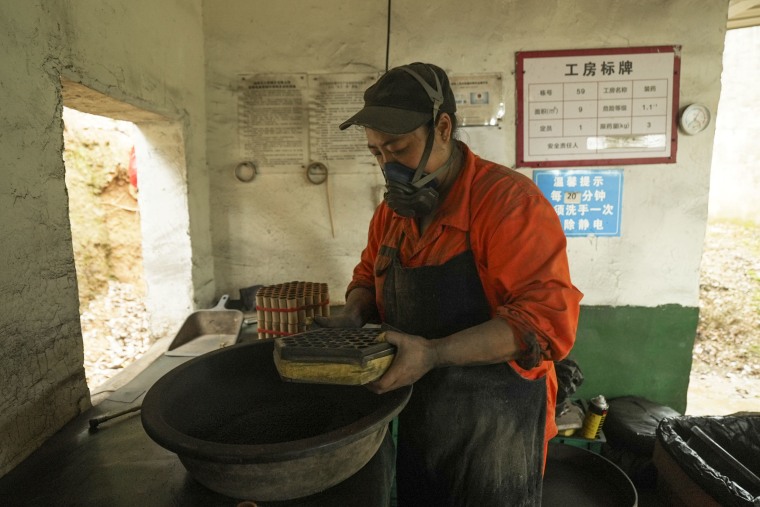
In a letter to Trump sent in April, the American Pyrotechnics Association and the National Fireworks Association said the tariffs could “cripple” the $2 billion fireworks industry in the U.S.
“Tariffs will not incentivize U.S. production — they will only increase costs,” the letter said.
Though fireworks received a tariff exemption during Trump’s first term, there is no word on whether there will be any such reprieve this time around.
In a statement, White House spokesperson Kush Desai said: “Real prosperity and patriotism isn’t celebrating the independence of our country with cheap foreign-made firecrackers and trinkets — it’s having a country with booming Main Streets, a thriving working class, and robust manufacturing.”
The fireworks industry says it would be impossible for the U.S. to replicate Chinese manufacturing, citing its lack of key raw materials, its high labor costs and the extensive land it requires.
“There’s no country on the planet that can have this infrastructure and can do mass production that they can do here,” Nicolás Souza Linares, international business manager at the Indiana-based North Central Industries, the largest supplier of fireworks in the U.S. Midwest, said in an interview in Liuyang.
At Tang’s factory, there are dozens of workshops scattered across the slopes, serving different purposes in the production process.
Some steps are automated, such as cutting paper and rolling it into shells or stacking tubes to form casings, but others, such as loading powder into the tubes, have to be done by hand because the work is so delicate and risky.
An explosion at a Hunan fireworks factory this month killed nine people and injured 26 others, according to Xinhua, China’s state-run news agency.
To prevent such accidents, work areas are separated by walls and kept at a distance from each other, with high-risk stages monitored by surveillance cameras overseen by local authorities. The government has strict rules limiting the amount of explosive powder each person can handle and the number of workers allowed in each area at any given time.
Workers wear color-coded uniforms from yellow to orange — orange being the most dangerous — to indicate the level of danger linked with their tasks. Those working with the most dangerous materials are required to stop by around noon, before the hottest time of day.
The American fireworks industry, which is made up mostly of small businesses, relies heavily on factories such as Tang’s to supply events big and small.
But Pyroshine Fireworks has received “very few orders” recently as U.S. distributors “wait and see what’s going to happen with the tariffs,” said Melissa Cai, the company’s U.S. sales manager.
If the U.S. and China can’t reach a trade agreement, there will be a “big disruption” in the fireworks market, Souza said.
“We are really nervous because nobody knows what’s going to happen,” he said.
Janis Mackey Frayer, Dawn Liu and Rae Wang reported from Liuyang, and Peter Guo from Hong Kong.


